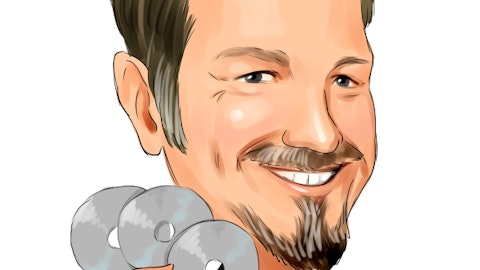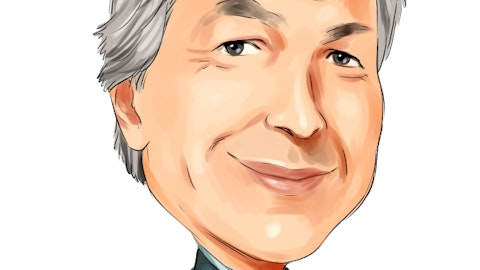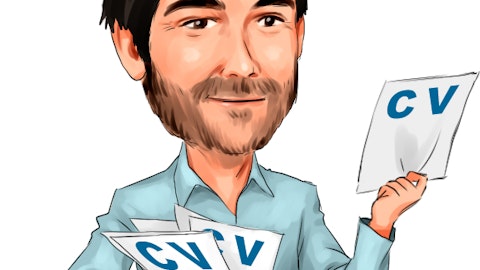Employment won’t necessarily improve with the economy, hedge fund cautions (WhatInvestment)
Earlier in August the Bank of England’s Monetary Policy Committee issued forward guidance that interest rates were unlikely to be raised until the unemployment rate stood at 7 per cent or less. With the rate presently at 7.8 per cent, the committee forecast that this threshold would not be met until the third quarter of 2016. However, despite GDP growth data strengthening in the UK and in Europe, Brevan Howard has cast doubt on whether monetary policy will be tightened according to that timeframe. ‘There is considerable uncertainty about the unemployment rate forecast,’ the hedge fund noted. ‘With large swings in productivity in the past five years, the relationship between GDP and employment has been weaker than it has been in the past.’
No taking stock (NYPost)
Still bruised from his fight with the Securities and Exchange Commission, hedge- fund billionaire Phil Falcone faces a new battle — this time over the crown jewel of his troubled empire. Disgruntled investors of Falcone’s hedge fund, Harbinger Capital, are eyeing his successful publicly traded entity, Harbinger Group, as a potential gold mine, The Post has learned. Harbinger, a holding company that trades on the New York Stock Exchange, owns a portfolio of companies, including Spectrum Brands, the maker of Rayovac batteries, and lingerie retailer Frederick’s of Hollywood.
Office Depot ends board dispute with main shareholder Starboard (Reuters)
Office Depot Inc (NYSE:ODP) said on Wednesday it had agreed to allow three executives nominated by its largest shareholder Starboard Value LP to sit on the board of directors, staving off proxy solicitation by the activist investor hedge fund. Starboard Value, which holds a 14.6 percent stake in Office Depot, had initially nominated six members to the board of the second-largest U.S. office supply retailer, citing the lack of experience among current board members.
What’s Wrong With Hedge Fund Boards — And Who is Trying to Fix Them (InstitutionalInvestorsAlpha)
In 2009 investors in the London hedge fund firm Weavering Capital got a very unpleasant surprise. When they tried to cash out of the Weavering Macro Fixed Income Fund, domiciled in the Cayman Islands, they found out that their money simply wasn’t there. Instead, Weavering’s assets were tied up in swap transactions with an entity that turned out to be controlled by firm founder Magnus Peterson. The swaps ultimately proved worthless — with a London judge later declaring that they were “sham” transactions set up to inflate the fund’s net asset value — and investors lost more than $530 million when the fund collapsed. The fund’s board of directors included none other than a brother and the stepfather of Peterson; they were found guilty by the Cayman Grand Court and each fined $111 million in August 2011.
Former top SAFE manager Chan lines up Agamemnon launch (HedgeFundIntelligence)
Haye Chan, the former senior portfolio manager and head of research at SAFE Investment Company, the investment arm for China’s $3.5 trillion foreign exchange reserves, is launching his own hedge fund vehicle later this year. Chan, a veteran investor in distressed investments, fixed income and equities who was senior portfolio manager of the flagship portfolio at SAFE Investment, resigned from his post in June this year. His new firm, Agamemnon Capital, is now preparing to launch a global event-driven special situations fund that will deploy a strategy largely similar to that which…
Indian markets get ready for September of QE tapering (IndiaTimes)
The rupee is sinking, the stock market’s coming crashing down, and top brokerage firms are cutting their outlook on India left, right and centre; but the government is giving fresh signals, the latest being the ban on duty-free import of flat-screen televisions, after last week’s much criticised moves by the RBI to curb dollar outflows. Does the Indian government not understand economics, as says the famous Wall Street trader Jim Rogers; or, is the government left with no option? Well, although none is certain, talks of the US beginning to pull back its quantitative easing programme from September is not far from the possibility.




